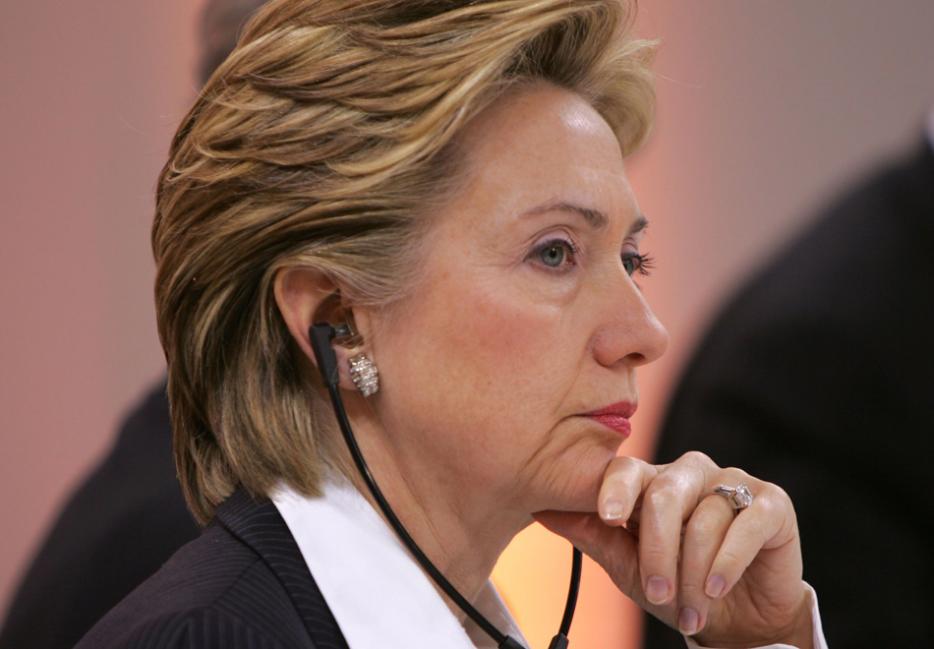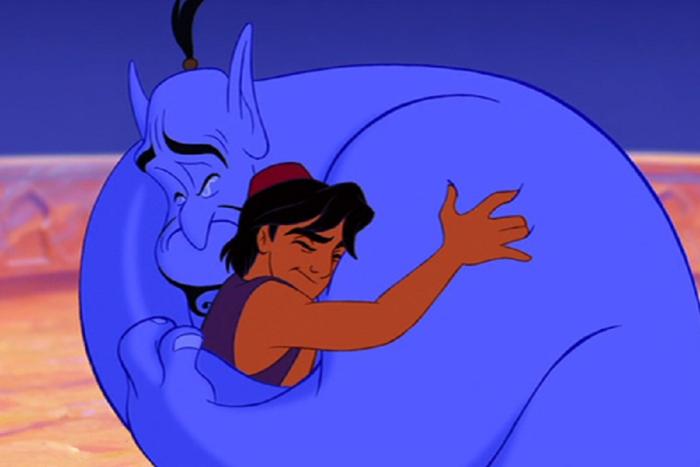Hillary Clinton has done us the service of providing a look at how she, like all senior politicians seeking the White House when the incumbent is a member of her own party, will distinguish herself from a President she supports: by pretending she was never defeated in the 2008 Democratic Party primaries in the first place.
To back up a little: On Sunday, The Atlantic published an interview with Clinton by Jeffrey Goldberg, in which the former Secretary of State suggested Obama should have armed the opposition to the Syrian Assad regime. In the same interview, Clinton added a not-too-veiled criticism of what may as well be the Obama Doctrine: “Great nations need organizing principles, and ‘Don’t do stupid stuff’ is not an organizing principle.”
It is kind of depressing that this discussion still needs to happen in 2014. A president can assert the right to kill any terrorist, anywhere, and be accused of being too cautious. He can wage a continuing air war against forces in Pakistan, Afghanistan, and elsewhere, and be accused of being too timid with the use of force. He can say “don't do stupid shit” (as it's usually phrased around the White House, by multiple accounts), and members of his own party act as if that could possibly be a controversy.
As for the specific charge that the US should have armed the Syrian opposition: no. Just, no. Not only is there no evidence it would have helped, but, following the actual course of events in Iraq, it seems reasonable to envision a scenario in which arming the Syrian opposition in 2012 would have simply meant putting more weapons in ISIS's hands by 2014.
The notion that nations need organizing principles is worth arguing over at some other point, but for now, perhaps it's enough to say that “don't do stupid shit” isn't the sum total of Obama's foreign policy any more than “do no harm” is the sum total of western medicine. It is, however, extremely useful as a Pole Star from which to draw guidance.
“Don't do stupid shit” is why the US Air Force isn't over the skies of Tehran right now, and why the US Navy isn't currently engaged in a standoff against China—which, if you're paying attention, is why the US has lots of option when it comes to putting out a regional brushfire like ISIS.
This isn't new: Obama's foundational criticism of the Iraq War (which he opposed, Clinton supported, and America lost) was, “What I am opposed to is a dumb war. What I am opposed to is a rash war.” Sadly, no other person who has occupied the White House in my lifetime has shown that same basic wisdom.
Which brings us back to 2008. Hillary Clinton lost the gruelling, interminable Democratic primaries of that year in large part because of the hawkishness she would then mute while serving (ably and well!) the current president. But she, like Al Gore before her, has the job of running to succeed a president of her own party, and needs to distinguish herself. (Those who remember Joe Lieberman's regrettable last decade or so in the US Senate can thank Gore for boosting his prominence.)
The problem isn't so much that Clinton seems to be running against the foreign policy she helped implement for four years, it's that she seems to have not actually internalized the 2008 defeat, or what it really meant. Clinton lost a campaign that year that she had every reason to win, and yet deserved to lose: her foreign policies were well to the right of the Democratic base. They are also, demonstrably, at odds with reality.
Yes, 2016 is going to be a different election than 2008, in large part because 2008 changed so much. Clinton's campaign team is unlikely to be surprised by a challenger who can mobilize online support in new ways. (If, of course, they manage to get bushwhacked again, they should all probably just leave professional politics forever.) She remains the odds-on favourite to be the next Democratic nominee.
But this week she reminded us why she wasn't the last one, and Democratic primary voters might want to think about that.






